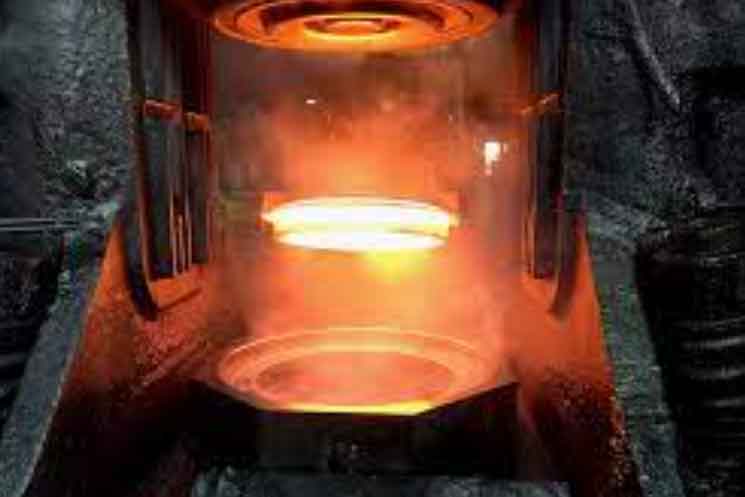
Forged gears are widely recognized for their superior strength and durability compared to gears produced by other manufacturing methods, such as casting or machining. The process of gear forging involves the shaping of metal through the application of heat and pressure, resulting in a solid and dense structure that exhibits exceptional mechanical properties. Let’s delve into the key aspects that contribute to the strength and durability of forged gears.
- Metallurgical Integrity: Forging involves the plastic deformation of metal under controlled conditions, typically performed at elevated temperatures. This process ensures the grains of the metal are aligned and elongated, enhancing the overall strength and resistance to fatigue. The metallurgical structure of forged gears exhibits finer grain size, which results in improved mechanical properties, including higher tensile strength and impact resistance.
- Material Selection: The choice of material for forged gears is crucial in determining their strength and durability. Common materials used for gear forging include alloy steels (such as 4140, 4340, or 8620) and stainless steels. These materials possess excellent strength, toughness, and wear resistance, making them suitable for demanding applications where high loads and harsh operating conditions are encountered.
- Superior Strength: Forged gears offer exceptional strength due to the nature of the forging process. The plastic deformation and controlled cooling during forging result in a refined microstructure and eliminate defects like porosity or inclusions. This enhances the overall strength of the gears, enabling them to withstand heavy loads, shock loads, and high torques without failure.
- Enhanced Durability: The dense and uniform structure obtained through forging provides forged gears with enhanced durability. They exhibit improved resistance to wear, pitting, and cracking, making them well-suited for applications that involve continuous operation under high stress and in harsh environments. Additionally, the absence of internal voids or cavities minimizes the risk of fatigue failure, extending the service life of forged gears.
- Precision and Customization: Forged gears can be manufactured with high precision, ensuring tight tolerances and accurate tooth profiles. This results in smooth and efficient gear meshing, reducing noise, vibration, and power losses in mechanical systems. Moreover, the forging process allows for customization, enabling the production of gears with complex geometries and unique designs to meet specific application requirements.
The strength and durability of forged gears stem from the combination of metallurgical integrity, material selection, superior strength, enhanced durability, and precision manufacturing. These factors make forged gears highly reliable and preferred in critical applications such as automotive transmissions, industrial machinery, and aerospace systems where performance and longevity are paramount.
